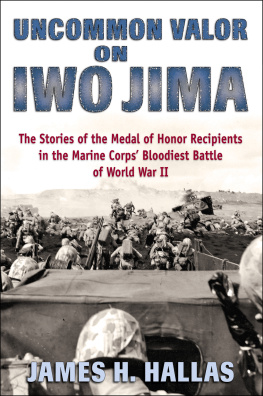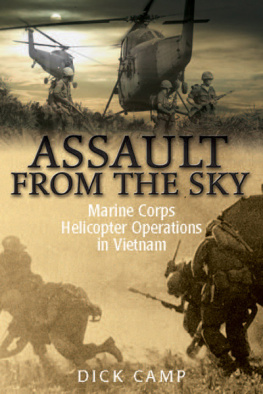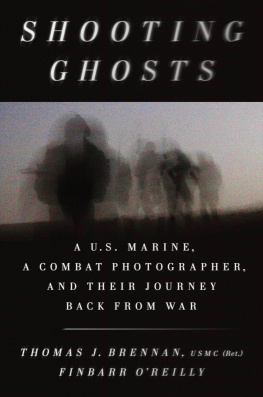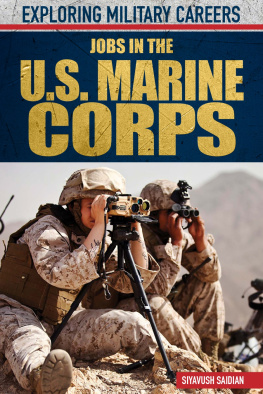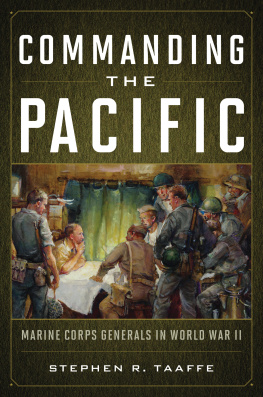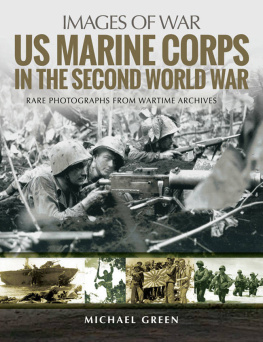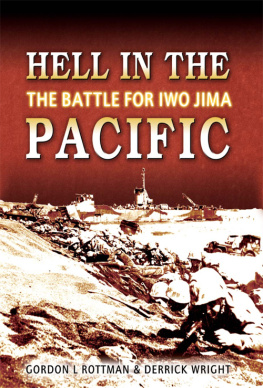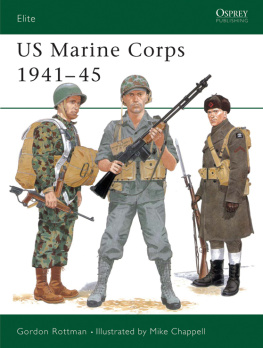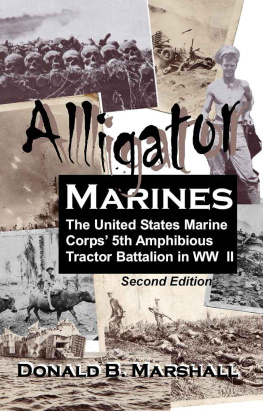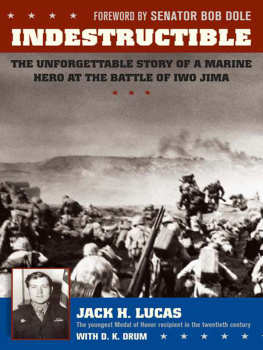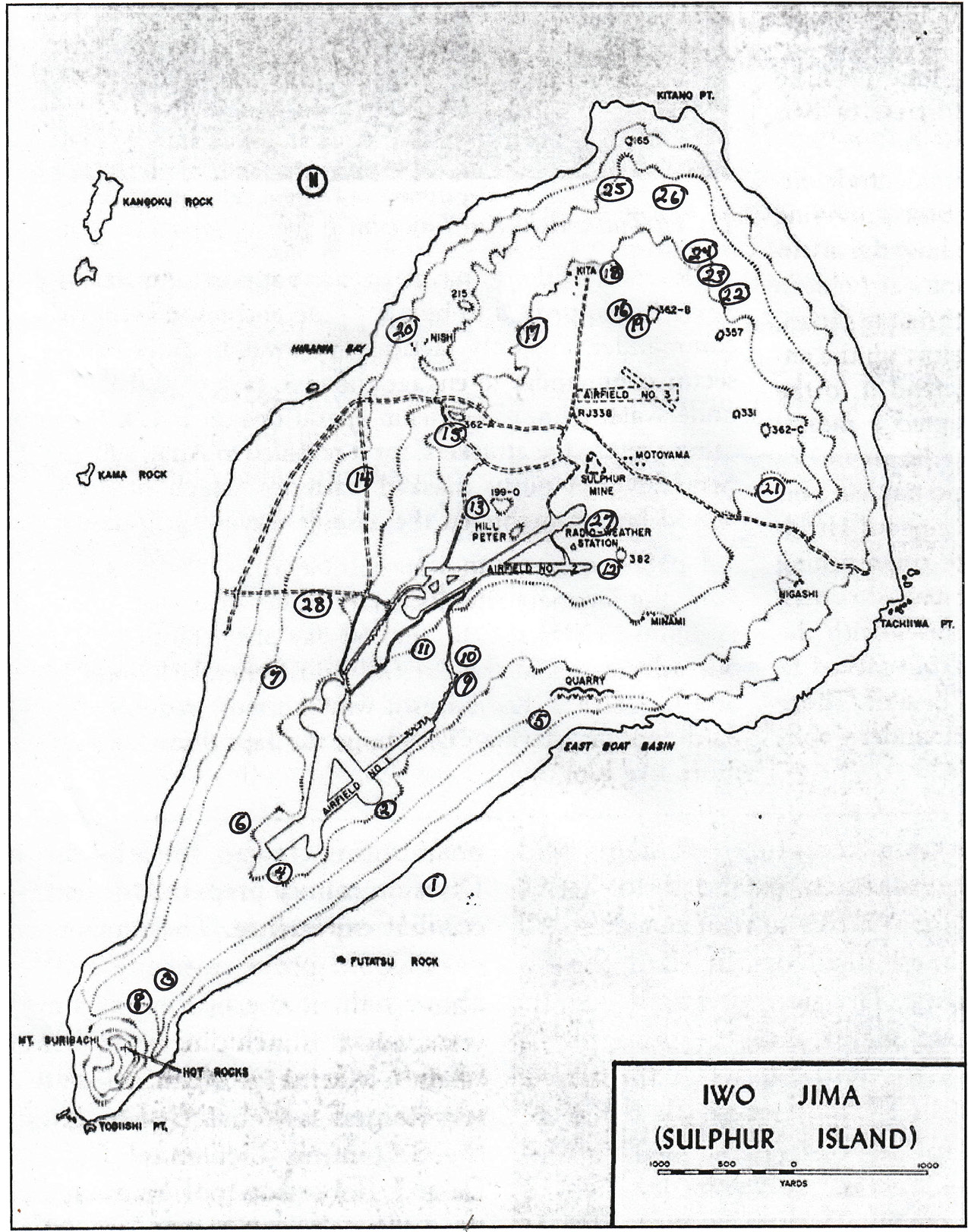UNCOMMON VALOR ON IWO JIMA
UNCOMMON VALOR ON IWO JIMA
The Story of the Medal of Honor Recipients in the Marine Corps Bloodiest Battle of World War II
James H. Hallas
STACKPOLE BOOKS
Copyright 2016 by James H. Hallas
Published by Stackpole Books
An imprint of Globe Pequot
Trade Division of The Rowman & Littlefield Publishing Group, Inc.
4501 Forbes Boulevard, Suite 200, Lanham, Maryland 20706
www.rowman.com
Distributed by National Book Network
All rights reserved, including the right to reproduce this book or portions thereof in any form or by any means, electronic or mechanical, including photocopying, recording, or by any information storage and retrieval system, without permission in writing from the publisher.
Printed in the United States of America
10 9 8 7 6 5 4 3 2 1
Cover design by Wendy A. Reynolds
Library of Congress Cataloging-in-Publication Data
Names: Hallas, James H., author.
Title: Uncommon valor on Iwo Jima : the story of the Medal of Honor recipients in the Marine Corps bloodiest battle of World War II / James H. Hallas.
Other titles: Story of the Medal of Honor recipients in the Marine Corps bloodiest battle of World War II
Description: Mechanicsburg, PA : Stackpole Books, [2016] | Includes bibliographical references and index.
Identifiers: LCCN 2015047355 | ISBN 9780811717953
Subjects: LCSH: Iwo Jima, Battle of, Japan, 1945. | MarinesUnited StatesBiography. | United States. Marine CorpsBiography. | Medal of Honor.
Classification: LCC D767.99.I9 H34 2016 | DDC 940.54/2528dc23 LC record available at http://lccn.loc.gov/2015047355
Map Key
1) Lt. (jg) Rufus Geddie Herring
LCI(G)-449
February 17, 1945
2) Sgt. Darrell S. Cole
23rd Marines, 4th Marine Division
February 19, 1945
3) Cpl. Tony Stein
28th Marines, 5th Marine Division
February 19, 1945
4) Gunnery Sgt. John Basilone
27th Marines, 5th Marine Division
February 19, 1945
5) Lt. Col Justice M. Chambers
25th Marines, 4h Marine Division
February 1922, 1945
6) PFC Jacklyn H. Lucas
26th Marines, 5th Marine Division
February 20, 1945
7) Capt. Robert Hugo Dunlap
26th Marines, 5th Marine Division
February 2021, 1945
8) PFC Donald Jack Ruhl
28th Marines, 5th Marine Division
February 1921, 1945
9) Sgt. Ross F. Gray
25th Marines, 4th Marine Division
February 21, 1945
10) Capt. Joseph J. McCarthy
24th Marines, 4th Marine Division
February 21, 1945
11) Cpl. Hershel W. Williams
21st Marines, 3rd Marine Division
February 23, 1945
12) PFC Douglas T. Jacobson
23rd Marines, 4th Marine Division
February 26, 1945
13) Pvt. Wilson D. Watson
9th Marines, 3rd Marine Division
February 2627, 1945
14) Gunnery Sgt. William G. Walsh
27th Marines, 5th Marine Division
February 27, 1945
15) Pharmacists Mate 1st Class John H. Willis
27th Marines, 5th Marine Division
February 28, 1945
16) Cpl. Charles J. Berry
26th Marines, 5th Marine Division
March 3, 1945
17) Sgt. William G. Harrell
28th Marines, 5th Marine Division
March 3, 1945
18) PFC William R. Caddy
26th Marines, 5th Marine Division
March 3, 1945
19) Pharmacists Mate 2nd Class George E. Wahlen
26th Marines, 5th Marine Division
March 3, 1945
20) Pharmacists Mate 3rd Class Jack Williams
28th Marines, 5th Marine Division
March 3, 1945
21) 2nd Lieutenant John H. Leims
9th Marines, 3rd Marine Division
March 7, 1945
22) 1st Lt. Jack Lummus
27th Marines, 5th Marine Division
March 8, 1945
23) PFC James D. LaBelle
27th Marines, 5th Marine Division
March 8, 1945
24) Platoon Sgt. Joseph R. Julian
27th Marines, 5th Marine Division
March 9, 1945
25) Pvt. George Phillips
28th Marines, 5th Marine Division
March 14, 1945
26) Pvt. Franklin E. Sigler
26th Marines, 5th Marine Division
March 14, 1945
27) Pharmacists Mate 1st Class Francis J. Pierce
24th Marines, 4th Marine Division
March 1516, 1945
28) 1st Lt. Harry L. Martin
5th Pioneer Battalion, 5th Marine Division
March 26, 1945
Introduction
C apt. Donald Beck was at his wits end. It was February 23, D+4 on Iwo Jima, and all morning he had watched helplessly as his company bled itself out in futile efforts to break through a cordon of Japanese pillboxes protecting the islands centermost airfield. Frustrated and out of ideas, he gathered his noncoms in the protection of a large shell hole and asked for suggestions. No one seemed to have the solution to their problem. In some desperation, Beck looked at his last surviving flamethrower operator, an undersized kid from rural West Virginia, and asked if he could do something with his flamethrower.
Trying to swallow his fear, twenty-one-year-old Willie Williams replied, Ill try.
Williams then proceeded to crawl out and destroy seven pillboxes in a four-hour rampage that would earn him the Medal of Honor. No one could understand how he managed to surviveleast of all Williams himselfbut he did.
It would be the rare American who failed to recognize the iconic flag raising on Iwo Jimas Mount Suribachi. A moment frozen in time, captured by AP photographer Joseph Rosenthal, the image stands as a stirring symbol of American determination and fighting spirit. Large measures of both those qualities were needed on Iwo Jima, targeted in February 1945 for its valuable airfields located only 660 miles from Tokyo. Fighting from holes, caves, tunnels, and pillboxes dug into the volcanic ash and the islands sandstone core, the 22,000-man Japanese garrison fought nearly to the last man, inflicting terrible casualties on assaulting U.S. Marines.
About the beach in the morning lay the dead, wrote Time magazine correspondent Robert Sherrod of the landing on February 19, 1945. They had died with the greatest possible violence. Nowhere in the Pacific have I seen such badly mangled bodies.
It would not get any easier. Over a period of thirty-six days, three Marine divisionsthe 3rd, 4th, and 5thsuffered over 24,000 casualties, including over 7,000 killed. It was the bloodiest battle in the history of the U.S. Marine Corps, and the only major Pacific battle where a U.S. landing force suffered more casualties than it inflicted. Decades later, veterans of the battle referred to themselves as Iwo Jima survivors. It was that bad.
Victory was never in doubt, observed Maj. Gen. Graves Erskine immediately following the battle. Its cost was. What was in doubt, in all our minds, was whether there would be any of us left to dedicate our cemetery at the end, or whether the last Marine would die knocking out the last Japanese gun and gunner.
As Adm. Chester Nimitz was to say, Among the Americans who served on Iwo Island, uncommon valor was a common virtue. In fact, Iwo Jima was the most highly decorated single engagement in U.S. history. Twenty-seven Medals of Honor were awarded for actions that took place in just over a month of combat. Twenty-two went to Marines and five went to sailors. The first was earned on February 17, 1945, two days before the Marines landed on Iwos black sand beaches, by a navy lieutenant commanding a boat too small to have a name. The last was awarded for an action that took place ten days after the island had been officiallyif prematurelydeclared secure. Thirteen of the awards were posthumous.
A Marine who had previously received the Medal of Honor for heroism on Guadalcanal nearly two and a half years earlier was also among the dead, killed within hours of the landing on the first day. His name was John Basilone. Already a national hero at the time of his death, Sergeant Basilone was one of over 200 Marines and sailors awarded the Navy Cross for heroic actions on Iwo Jimaan astonishing number. The citations for those Navy Cross medalsan award second only to the Medal of Honorportray a record of heroism and self-sacrifice that is almost beyond comprehension. Almost any one of the actions described in that official record could just as easily have warranted the Medal of Honor.
Next page
